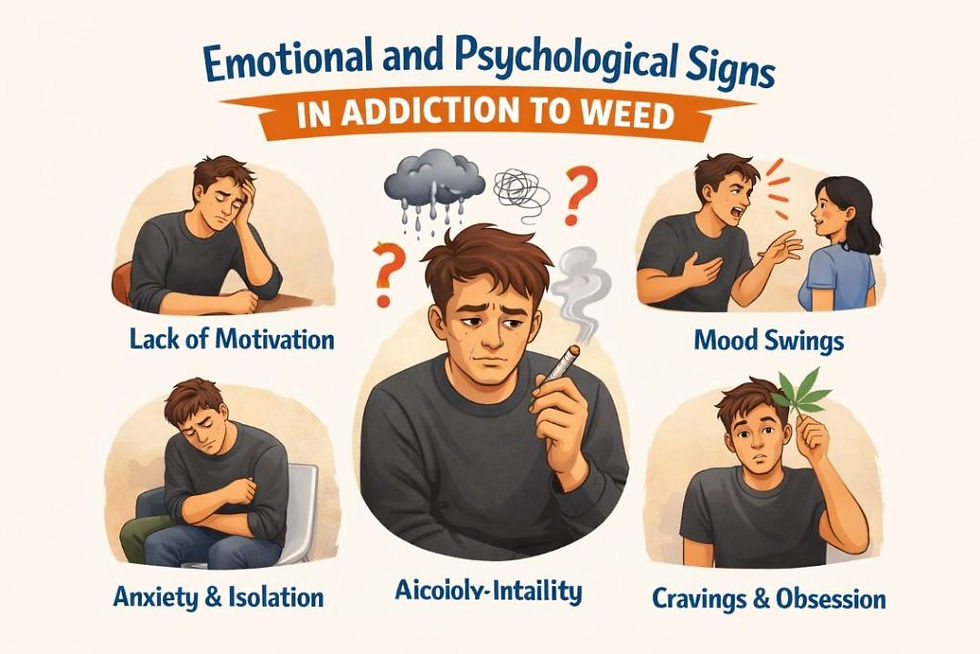Work-Life Balance Hacks: Boost Your Mental Health Now
- Felicia Parris

- Dec 31, 2024
- 4 min read
Work-Life Balance Hacks for Better Mental Health
Achieving a healthy work-life balance is essential for maintaining good mental health in today’s fast-paced, often demanding, work environments. Many of us struggle to juggle professional commitments with personal time, leading to stress, burnout, and a decline in overall well-being. But the good news is that with some practical strategies and small changes, you can foster a more balanced and healthier lifestyle. In this blog post, we'll explore effective work-life balance hacks that can significantly improve your mental health.

1. Prioritize Your Well-Being
One of the most important work-life balance hacks is to actively prioritize your mental and physical health. It's easy to get caught up in work deadlines and responsibilities, but without proper self-care, your productivity and well-being will suffer. Make it a priority to engage in activities that help you relax, recharge, and stay healthy.
Consider setting aside time each day for activities such as:
Exercise: Whether it’s a walk around the block, yoga, or hitting the gym, physical activity boosts your mood and reduces stress.
Mindfulness or meditation: Practicing mindfulness for just 10-15 minutes a day can help you manage stress, increase focus, and improve emotional regulation.
Sleep: Getting enough quality sleep is crucial for mental health. Aim for 7-9 hours of sleep each night.
2. Set Boundaries and Stick to Them
Creating clear boundaries between work and personal time is vital to maintaining a work-life balance. Without boundaries, work can easily spill over into your time, leaving you feeling drained and overwhelmed.
Here are some ways to set effective boundaries:
Define your working hours: Communicate your working hours with your colleagues and clients. Stick to these hours as much as possible and avoid working outside them.
Turn off notifications: Avoid checking work emails and messages outside of working hours. This helps you fully disengage from work and relax during your time.
Learn to say no: Understand that it’s okay to decline additional tasks or projects that may compromise your well-being. Respecting your limits is a crucial aspect of work-life balance.
3. Practice Time Management
Effective time management is a powerful tool for reducing stress and achieving a balanced lifestyle. When you plan your day carefully, you can allocate time for both work and personal activities, preventing one from dominating the other.
Here are a few strategies for better time management:
Use a calendar or planner: Schedule both work and personal activities and make sure to block out time for relaxation and fun. This will help ensure that your time is respected and not overlooked.
Prioritize tasks: Identify your most important tasks each day and focus on completing them first. This allows you to get the critical work done while leaving enough time for other activities.
Delegate: Don’t hesitate to delegate tasks that others can handle, whether at work or at home. This frees up your time and reduces your mental load.
4. Embrace Flexibility
Flexibility can be a game-changer when it comes to work-life balance. The more flexible your schedule is, the easier it will be to manage personal and work responsibilities. Many workplaces now offer remote work options or flexible hours, so take advantage of these opportunities when possible.
If your workplace doesn’t offer flexibility, consider negotiating with your employer for flexible working hours or the option to work from home a few days a week. By integrating flexibility into your routine, you can improve both your productivity and mental health.
5. Unplug from Technology
While technology can enhance productivity, it can also contribute to work-life imbalance and stress if it’s not managed properly. Constantly checking emails, social media, or work-related apps can keep your mind preoccupied even during personal time.
To improve your work-life balance and mental health:
Designate tech-free zones: Set specific areas in your home where you don’t bring work devices, like your bedroom or dining room.
Establish tech-free times: Set aside certain hours of the day to completely unplug from technology, such as during meals or before bed.
Engage in offline hobbies: Pursue activities that don’t involve screens, like reading, gardening, or crafting, to unwind and disconnect.
6. Make Time for Socializing
Socializing and connecting with loved ones is essential for maintaining good mental health. Engaging in positive social interactions reduces stress, promotes feelings of happiness, and fosters a sense of belonging.
Make sure to carve out time to:
Hang out with family and friends: Spend quality time with people who uplift and support you. Whether it's through a phone call, a casual coffee meet-up, or a weekend outing, socializing is key to maintaining a healthy work-life balance.
Participate in group activities: Join clubs, fitness classes, or community events that align with your interests. This helps you meet new people and engage in meaningful experiences.
7. Seek Professional Support
If you’re struggling to maintain a healthy work-life balance, it might be helpful to seek professional support. Speaking with a therapist or counselor can provide valuable insights and coping strategies for managing stress, work pressure, and personal challenges.
Professional support helps you develop healthy coping mechanisms, build resilience, and manage mental health issues like anxiety and burnout effectively. Visit DeLand Treatment Solutions and call us at (386) 866-8689 today and begin your journey to recovery.



Comments